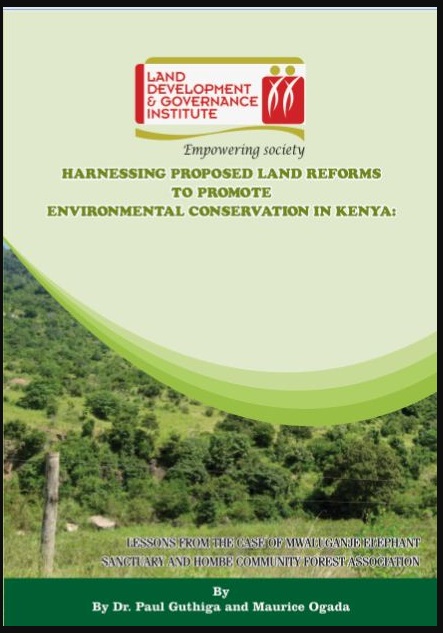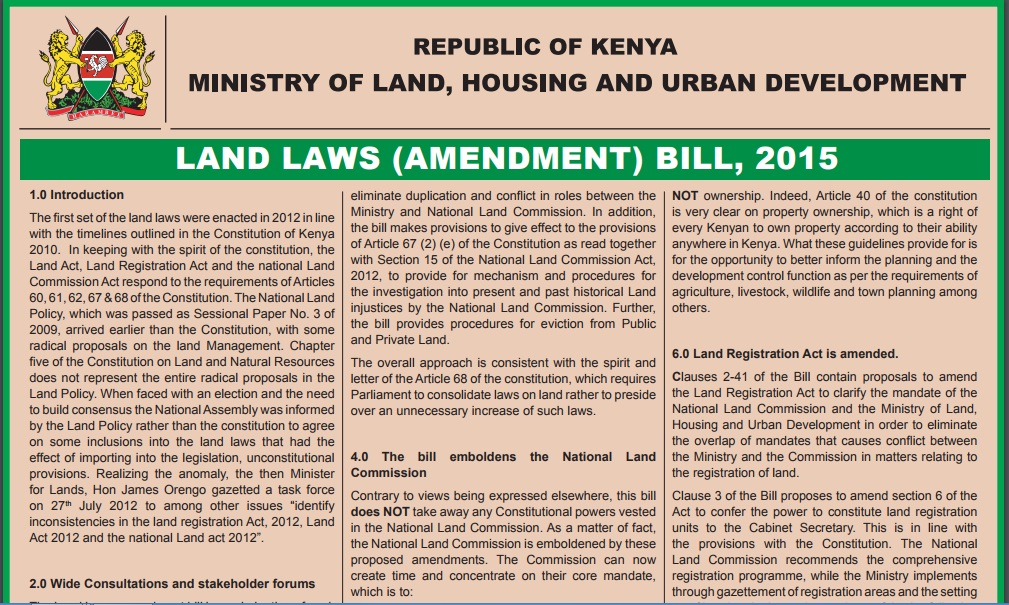Responsible Governance of Land Tenure: an essential factor for the realization of the Right to Food
Land Tenure Working Paper 15. This publication brings to light the existing linkages between land tenure and the realization of the right to food. It points out that responsible governance of land requires the adoption of human rights-based approach in order to develop coherent and long term solutions to improve people’s livelihoods. The document presents the legal implications of the right to food at national level and provides a series of examples on the implementation of human rights principles and obligations into land tenure systems, policies, and institutional frameworks.










